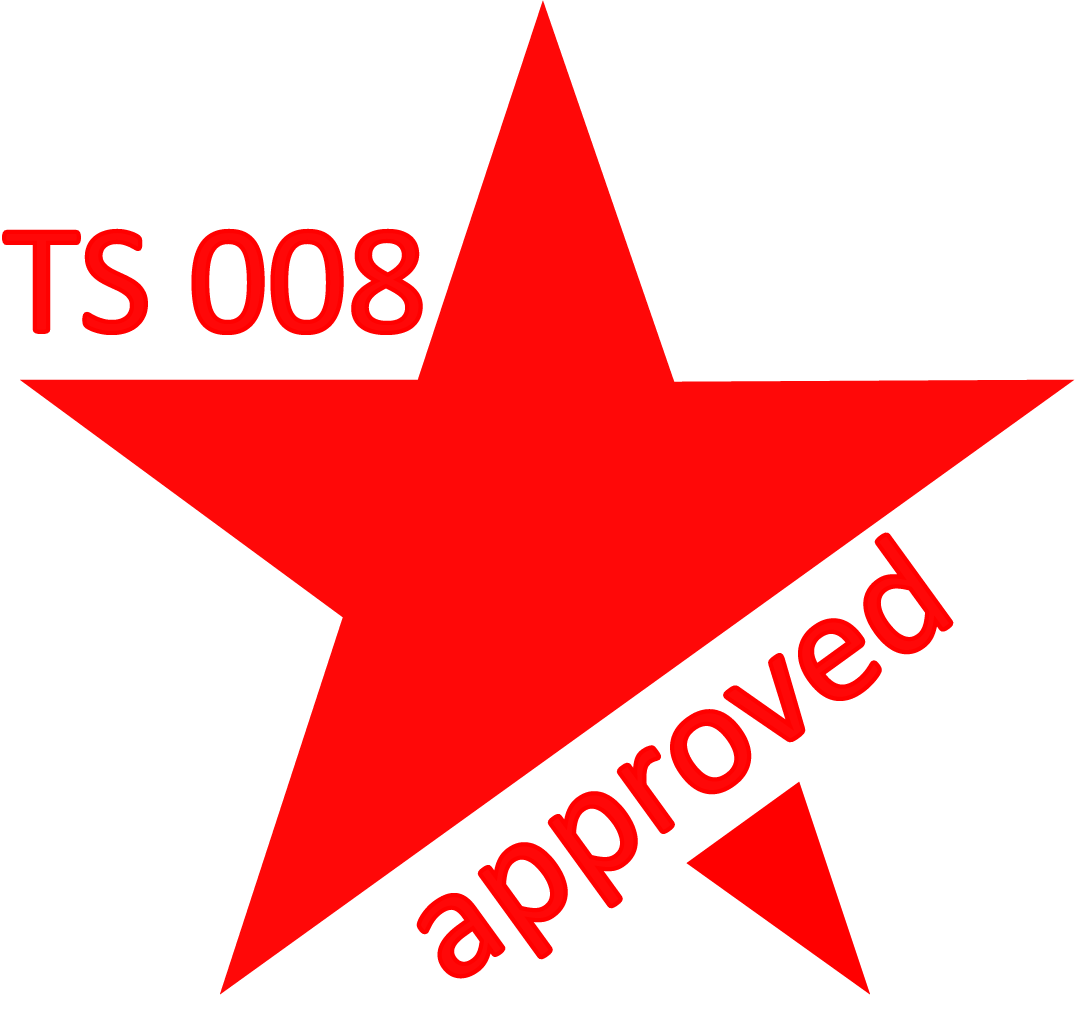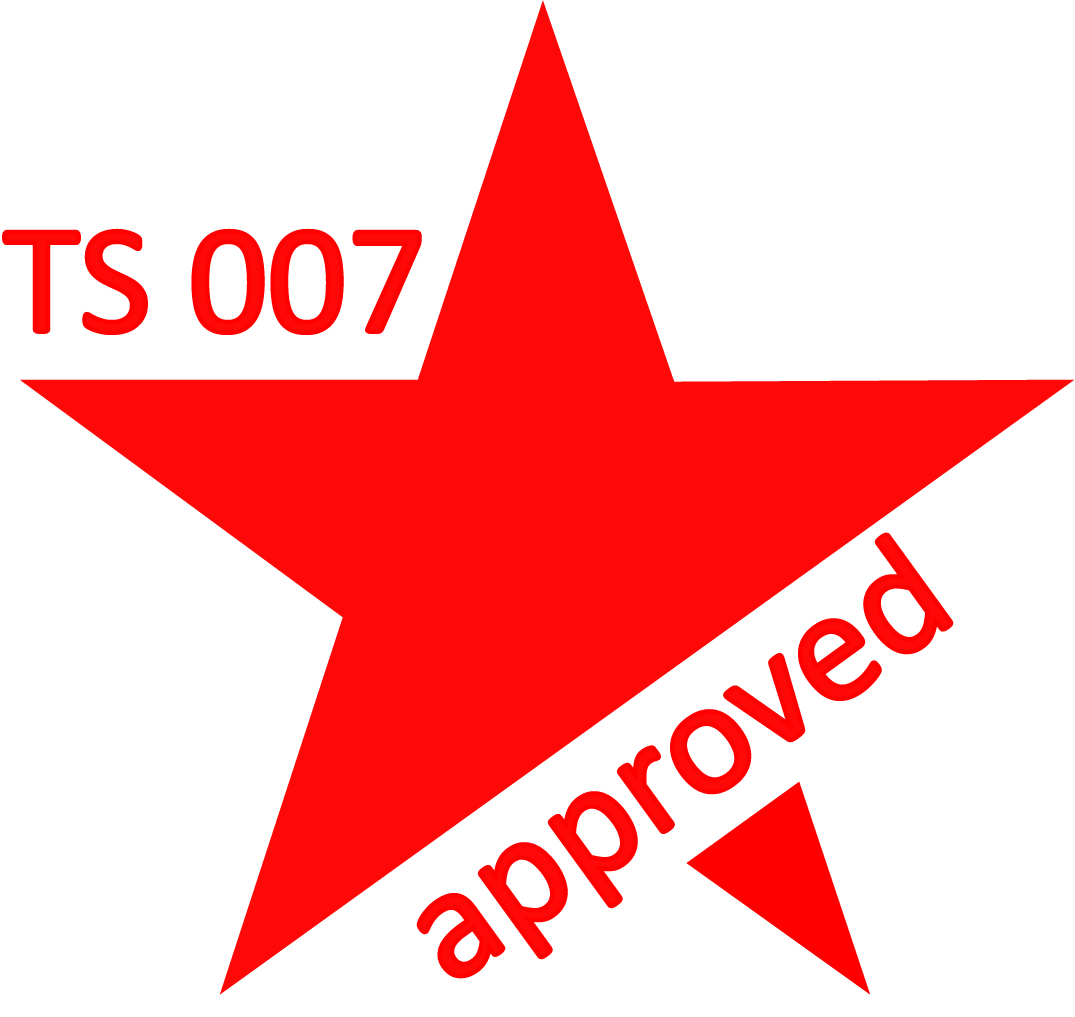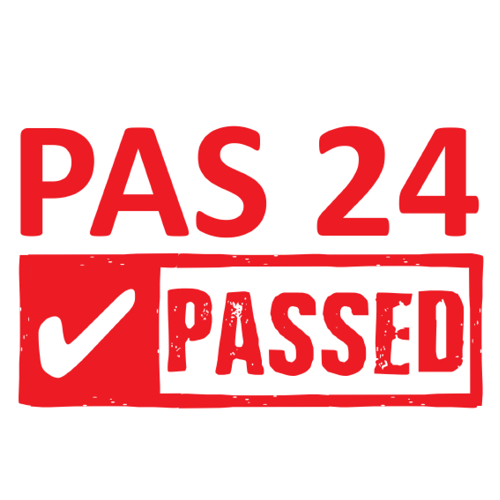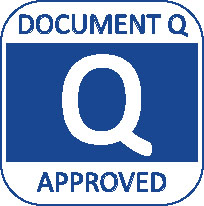UKCA Marking

The UK Conformity Assessed (UKCA) mark is the new product certification system introduced as a result of Brexit and must now be used for certain manufactured products sold in England, Scotland and Wales. It demonstrates that the products comply with essential requirements of GB law. The UKCA marking can be used now, however the government will recognise CE marking for most goods that are placed on the market before 11pm on 31st December 2024.
The UKCA marking is not recognised on the EU market or in Northern Ireland. Instead, EU conformity (CE marking) applies.
Find out more about using the UKCA marking.
TS 008

This relates to the enhanced security standards for letter plates and aims to increase resistance to the most common methods of opportunist attack.
TS008-accredited letter plates are specifically designed to provide protection against forced removal and fishing for keys, as well as prevent burglars from gaining access by unlocking the door through the letter flap. At the same time, mail should be able to pass through the letter flap freely.
TS 007

Aimed at the security performance of replacement cylinders, the cylinder needs to withstand 5 types of attack: drilling, picking, bumping, snapping and plug extraction.
Door handles, cylinders and cylinder guards are given a 1 star, 2 star, or 3 star rating. The highest TS 007 star rating is 3 star cylinder which can be achieved by fitting a 3 star cylinder to Kitemarked standard, or by combining a 1 star cylinder with a 2 star handle & cylinder guard.
PAS 24: 2016

Formerly known as BS 7950, PAS 24 is a test to check the security performance for doors and windows of all materials. PAS 24 is a minimum British standard and products sumbitted for testing will either pass or fail. At Window Ware we pride ourselves on providing sound advice to our customers on PAS 24 testing, and our article - How to PAS 24 with flying colours! is sure to be an invaluable source of information for anyone needing to test their doors or windows.
Document Q

Document Q is a building regulation that came into force in October 2015. The requirement only applies to new build properties and planning permissions submitted in the UK after this date.
The document deals with security and states that all points of access to a property, such as doors and windows, must be shown by test to comply with PAS 24 to ensure they are robust enough to resist physical attack by an opportunistic burglar.
CE Marking
The CE mark was introduced in July 2013, and is a required legal standard for customers who place products on the market in the European economic area. The CE mark itself relates to customers who wish to sell windows and door sets in the EU market, the standard certifies that the product has been tested met specific guidelines to protect end consumers and fabricators when they sell over-seas.
BS EN 1670
BS EN 1303
BS EN 1125 & BS EN 179
Approved Document F
Approved Document F offers practical guidance on how to meet the ventilation requirements of the Building Regulations 2010 in England. The document aims protect the health of occupants by maintaining adequate airflow in all types domestic and non-domestic buildings.
Amended regulations come into force on 15th June 2022 and specify increased airflow requirements not just on new builds but existing properties undergoing refurbishment too.

